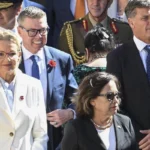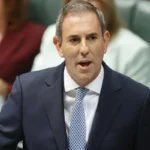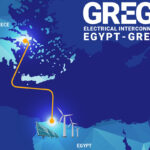Prime Minister Anthony Albanese is under renewed scrutiny following revelations that the total cost of maintaining his role exceeds $6.87 million annually—placing a heavy burden on Australian taxpayers.
A detailed analysis by the Institute of Public Affairs (IPA) has revealed the full extent of the financial commitment required to support the Prime Minister’s office, sparking debate about transparency, government spending, and political privilege.
The breakdown of costs includes $2.5 million per year for the maintenance and operation of The Lodge in Canberra and Kirribilli House in Sydney—two official residences used by the Prime Minister. His base salary, which was recently raised to $622,102, represents just a fraction of the overall expenditure.
Further costs include $311,454 spent on international travel between April 2024 and March 2025, as well as $2.7 million used for the travel of government employees accompanying or supporting the Prime Minister. Ground transport also cost taxpayers more than $148,000 during the same period.
Critics have seized on the figures as evidence that the Prime Minister has lost touch with ordinary Australians. “Mr Albanese built his brand around being a man of the people, but his current lifestyle and spending habits reflect the opposite,” said Morgan Begg, director of research at the IPA. “Australians are struggling with inflation and the cost-of-living crisis while their Prime Minister enjoys a taxpayer-funded life of luxury.”
The report also noted the purchase of a $4.3 million holiday property on the NSW Central Coast, fuelling public resentment. While Albanese has defended his personal wealth, citing his upbringing in public housing and being raised by a single mother on a disability pension, some voters see a growing disconnect between his image and reality.
The Prime Minister’s supporters argue that high office demands substantial resources to function effectively and securely. They note that these expenses are consistent with those of previous leaders and are necessary for the conduct of international diplomacy and domestic governance.
Nevertheless, the timing of these revelations has stirred political tensions, particularly as Australians face rising interest rates, housing insecurity, and stagnant wages. The debate highlights the broader issue of how much is too much when it comes to publicly funded leadership.
The Prime Minister’s office has declined to comment on the report, and no official statement has been made regarding potential cost-cutting measures or reforms to reduce the burden on taxpayers.












